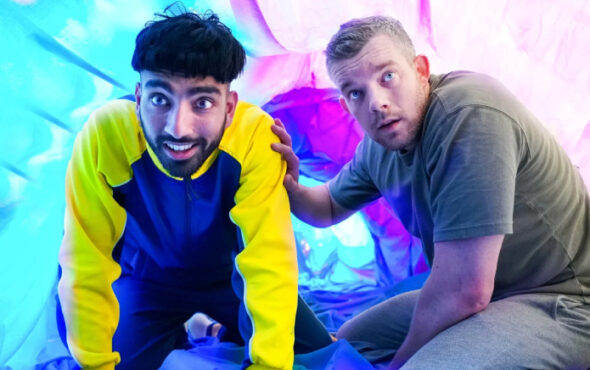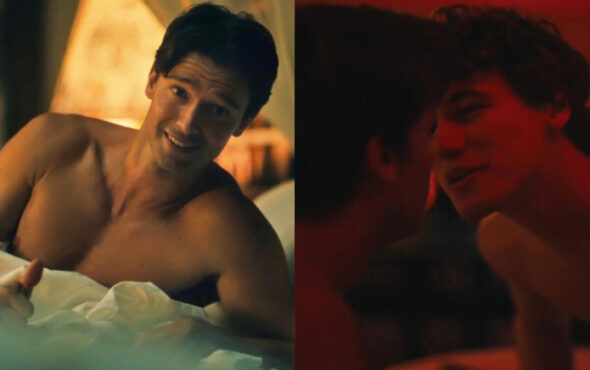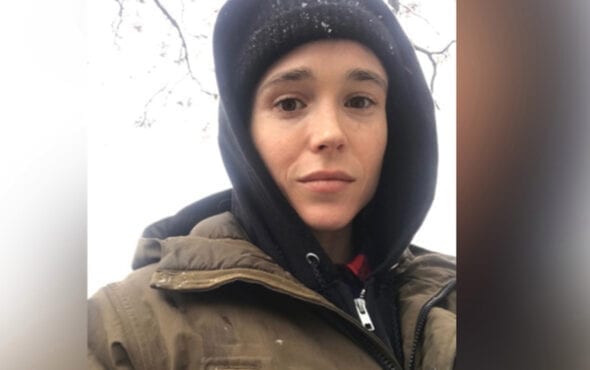
Umbrella Academy star Elliot Page publicly came out as trans earlier in the month.
Earlier this month, Elliot Page best known for his Academy Award-nominated role in Juno, penned a powerful letter on his social media channels, coming out as transgender.
“Hi friends, I want to share with you that I am trans, my pronouns are he/they and my name is Elliot. I feel lucky to be writing this. To be here. To have arrived at this place in my life,” he wrote.
“I feel overwhelming gratitude for the incredible people who have supported me along this journey. I can’t begin to express how remarkable it feels to finally love who I am enough to pursue my authentic self.”
Elliot’s openness about his gender identity was met with broad support. And in an emotional essay published on HuffPost, a grandmother, writer and activist, Maryann Durmer, explained how Elliot’s coming out helped their own grandchild come out to their family.
Praising Elliot, Maryann wrote: “His coming out publicly is helping my 22-year-old granddaughter and many other trans people live openly with freedom.
“My granddaughter came out five weeks ago. When I heard the news, I texted her: ‘I talked to your dad last night. I’m so happy you came out, and I support you 100%. I just wanted to stop by and tell you I love you. If there’s anything I can do to help you, I’m here.'”
Maryann added that it brought her “great relief ” to see her granddaughter “reveal herself as the vibrant young woman she envisioned and was destined to be.”
Reflecting on her own religious upbringing, and attempting to undo some of what was taught to her, she wrote: “Striving to understand people who are different from me is important. Like many others, I realised that organised religion messed me up and that I needed to rethink my biases and understanding of sexuality and gender.
“Brainwashing takes time to undo. Often it means having (or creating) a wide enough circle of family and friends with different backgrounds to open one’s eyes to our shared humanity.
“I still hear my mother’s judgmental tone in the back of my mind telling me I am going to hell if I accept what was once (and, by some, is still) considered ‘deviant behaviour.'”
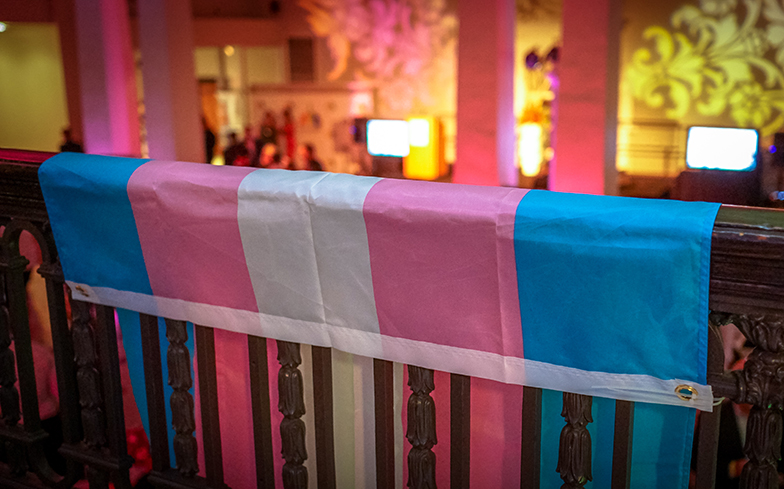
Ted Eytan via Flickr
She continued, adding: “Maybe, in some cases, understanding a transgender person is easier for a non-family member. There are no emotional bonds and no history with that person to look back on and reminisce about.
“But when it’s your grandchild who is transgender, it’s complicated. I worry that I may do or say something wrong by accident. Saying a new name after knowing a person for 20-plus years isn’t easy.
“It’s not just about my granddaughter changing. It’s also that I have no ‘how-to’ manual for processing my memories of my former grandson. All I know is that I love my granddaughter.”
However, Maryann wrote that she had been doing research, with documentaries like Born To Be and books like Transgender History in order to be a supportive grandparent.
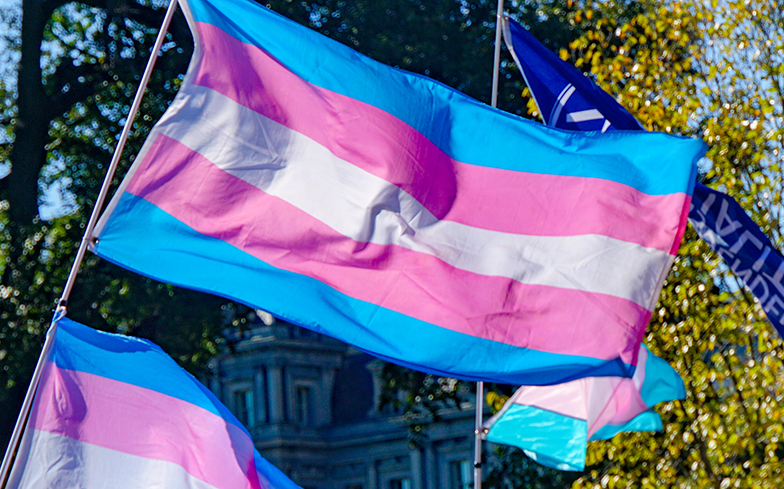
Ted Eytan via Flickr
She admitted to still making some mistakes, but wrote: “It’s key to understand that each transgender person thinks about their identity differently and uniquely, so it is always important to know which pronouns to use.
“Elliot Page uses both he and they pronouns. My granddaughter uses she and her. Getting it right may seem like a small detail to some people, but to trans people it means the world.”
She finished her piece by writing: “So to Elliot Page, I say: Thank you for coming out and using your fame and visibility to help other people who are struggling to be their authentic selves ― especially at Christmastime, when the birth of a new life can give hope to many.
“To my granddaughter, I say: Thank you for teaching me the value of living an authentic life. I am proud to be your grandmother. And as my thoughts and heart transition to embrace this new you, please know one thing isn’t changing ― I love you.”
We linked to the piece earlier in the article, but if you missed it, you can read the full piece here.
Related: Elliot Page shares first selfie and thanks fans for online support

